Orientation of the multidisciplinary staff on the protocols with interactive sessions
Enter a typical emergency room in an under-resourced and under-staffed setting, and you will quickly be able to picture how patient care in this environment looks. We, as emergency physicians, are struggling to deliver the best patient care under these circumstances. How do we deliver standard evidence-based care without additional resources? What are the challenges we face when we try to implement standard protocols - when even formulating clinical protocols itself is a big challenge? In this blog, we share our efforts to address the ongoing challenge of implementing clinical protocols, through team-based simulation training in our emergency department (ED).
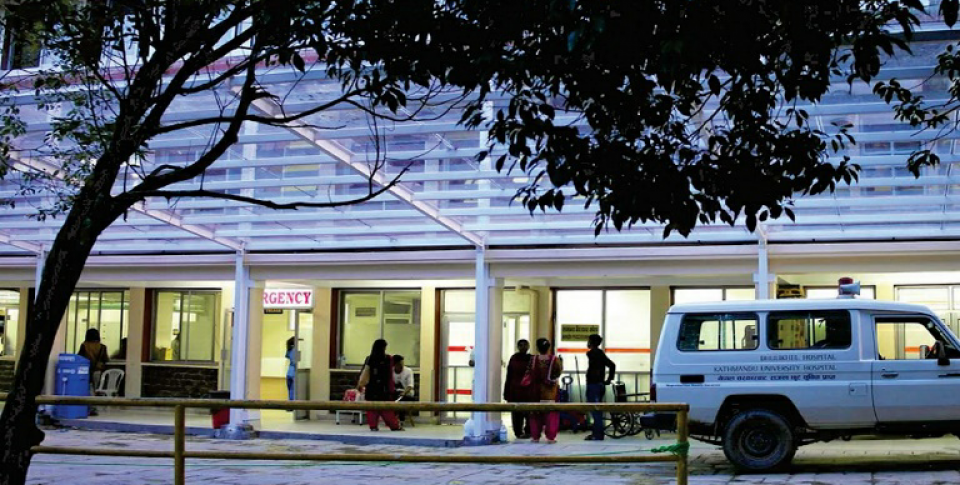
Dhulikhel Hospital Emergency Department
Nepal, is a small country, located in the central Himalayas between India and China with distinct, geographic diversity isolating most of the rural population. Dhulikhel Hospital, a Kathmandu University hospital, is an independent nonprofit, non-governmental hospital serving the rural community around Kavrepalanchok District. The delivery of emergency care in Nepal is almost 50 years behind more developed countries. Standardized, evidence-based protocols for care of critically ill patients are lacking. Considerable disparities in the availability and access to quality health care exist in rural versus urban areas. For comparison, in the capital, Kathmandu there is one doctor for every 850 people. However, in the rural areas of Nepal, there is only one doctor for every 150,000 people.
In an environment like ours where resources are limited, it can be difficult to find a medical professional, let alone clinical protocols for common medical emergencies faced in day-to-day practice, but implementing protocols is critical to good hospital operation and care. The use of standardized protocols can reduce variation in care, enhance workflow, improve coordination of care, and modify practice through evidence-based care. International guidelines for protocol-based treatment exist, however they are not feasible and applicable in our ED.
In our hospital, we are trying to change how overlooked protocol-based treatment is, because we believe protocols are an important part of the future of patient care. Even though our ED is not immune to challenges (e.g.: We struggle with lack of team training and varying use of evidence based clinical practice), we are doing our best to set a new example for patient care in Nepal. The disparity between current needs and available resources, motivated us to collaborate with the Medical College of Wisconsin, in the United States, with the goal of improving the quality of emergency medical care and patient safety in the ED here in Dhulikhel by developing feasible evidence-based protocols that considered the potential constraints of our ED. The Medical College of Wisconsin has had an agreement with Dhulikhel Hospital since March 31, 2016 and have had research and education exchange programs. As our partnership and work continue to move forward, the development of feasible, evidence-based protocols has been supported by internal and funding from the Sustaining Technical and Analytic Resources (STAR) Project’s Collaboration Laboratory grant.
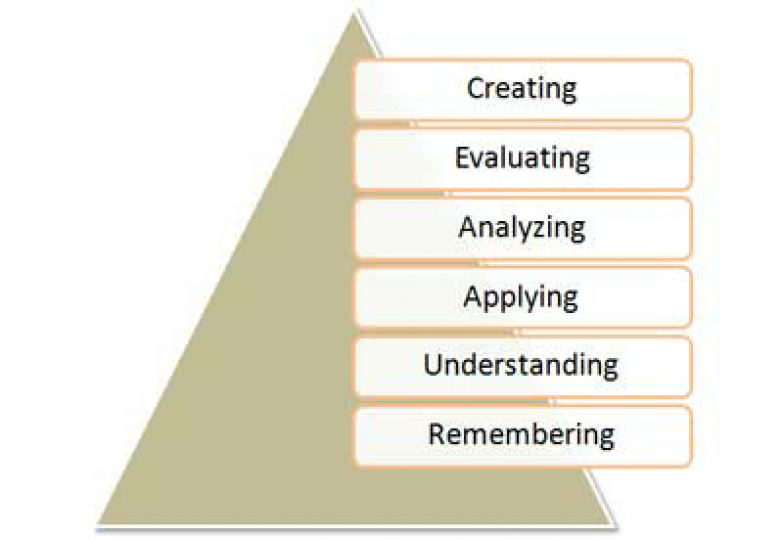 During the designing phase, we considered various factors such as the burden of disease, its complexity, mortality rate, and feasibility. A focused focus-group interview was organized with all the cadres of health care workers in the ED to understand their views and barriers in using protocol-based treatment for the patients. Developing protocols is already a challenging task, but our ultimate goal is even harder; we are trying to change. To do that, we utilized Bloom’s taxonomy of learning. Creating protocols would only address the first level, and when we looked at how people learn, we saw that people only remember 10% of what they read vs. 90% of what they say and do. So, we decided to focus on “learning while doing”, with simulations in the actual workplace with all ED health care providers (physicians, interns, nurses and paramedics) at our hospital, targeting their knowledge, skills, and behaviors to reach higher-level learning--applying and analyzing.
During the designing phase, we considered various factors such as the burden of disease, its complexity, mortality rate, and feasibility. A focused focus-group interview was organized with all the cadres of health care workers in the ED to understand their views and barriers in using protocol-based treatment for the patients. Developing protocols is already a challenging task, but our ultimate goal is even harder; we are trying to change. To do that, we utilized Bloom’s taxonomy of learning. Creating protocols would only address the first level, and when we looked at how people learn, we saw that people only remember 10% of what they read vs. 90% of what they say and do. So, we decided to focus on “learning while doing”, with simulations in the actual workplace with all ED health care providers (physicians, interns, nurses and paramedics) at our hospital, targeting their knowledge, skills, and behaviors to reach higher-level learning--applying and analyzing.
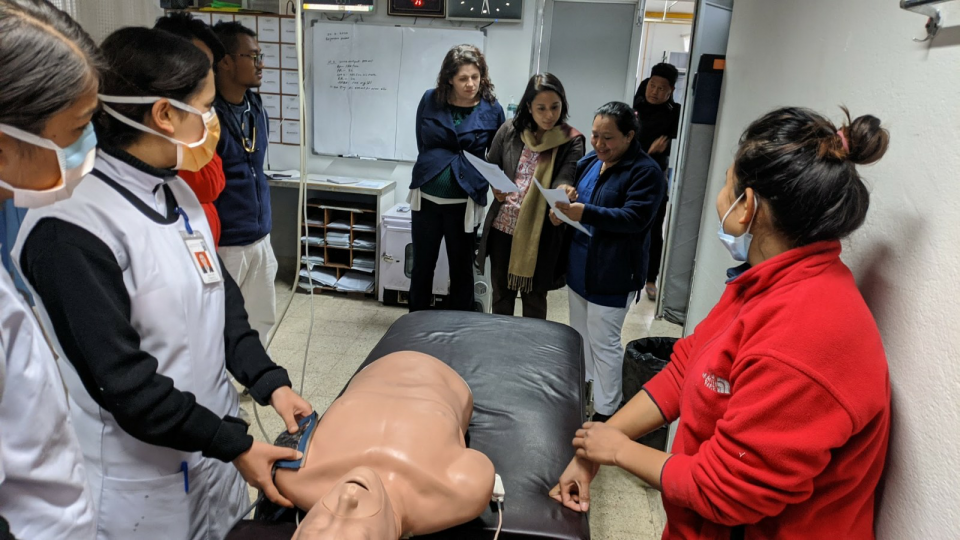
Medical College of Wisconsin faculty orienting local faculties to conduct the simulation
With this in mind, we designed an innovative training approach that practices the contextualized protocols through deliberate practice with multiple interdisciplinary in-situ simulation sessions. Additionally, since these simulations occur in the actual workplace, and utilize available resources such as space and equipment, they are cost-efficient and practical.
We are working to ensure that this team-based approach of learning will be widely accepted by ED health care providers so that this model of protocol development and implementation will improve quality care for ED patients in Dhulikhel Hospital and create a model for protocol development and implementation that can be used in other settings with limited resources.
Written-protocol-based care should be developed in every emergency department for standardized care and should be more deliberately practiced by all ED healthcare professionals with team-based simulations in the local workplace. All ED healthcare providers should take up the challenge of writing protocols for emergency care with colleagues from allied departments, which will reinforce validation and acceptability of the protocols.
Creating change will not be a smooth ride, but it will be a fruitful journey with challenges and opportunities! Have you had similar experiences? Do you have any suggestions? Interested in learning more about our work? We want to hear from you!
VISIT US ON THE WEB
https://www.dhulikhelhospital.org/
MEET OUR TEAM AND HOSPITAL COMMUNITY
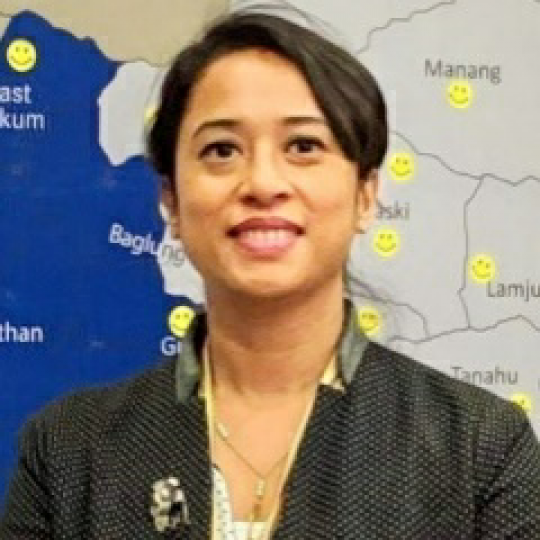
Roshana Shrestha, MD
Associate Professor.
Department of General Practice and Emergency Medicine,
Kathmandu University School of Medical Sciences
Dhulikhel, Nepal

Anmol Purna Shrestha, MD
Lecturer
Department of General Practice and Emergency Medicine,
Kathmandu University School of Medical Sciences
Dhulikhel, Nepal
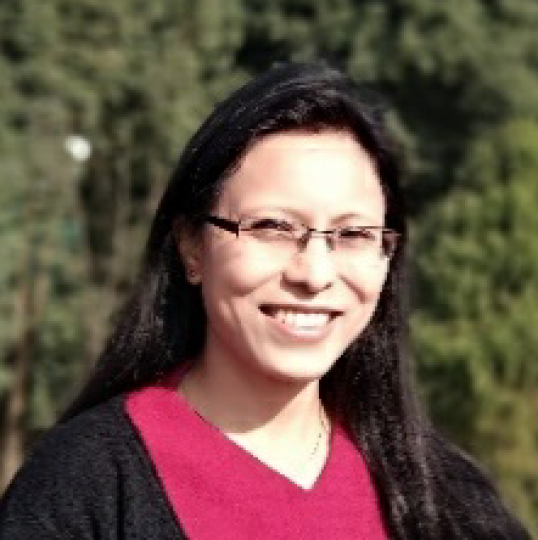
Abha Shrestha, MD
Lecturer
Department of Community Medicine
Kathmandu University School of Medical Sciences
Dhulikhel, Nepal